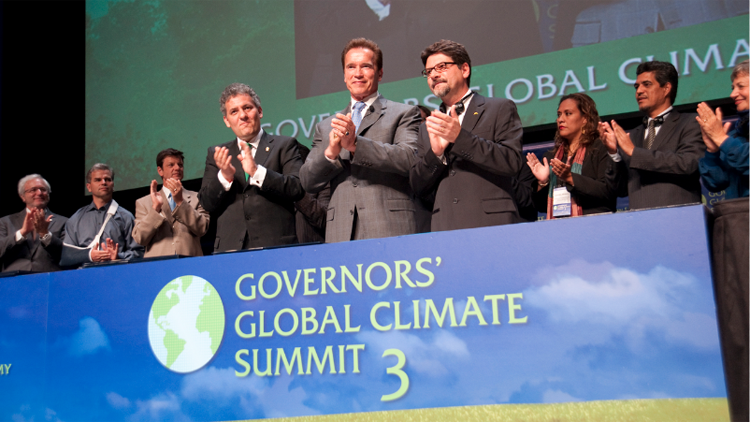The biophysical consequences of climate change on sea levels, extreme weather, ocean acidification, and shifts in temperature and precipitation have broad implications for the human experience and sustaining biodiversity on earth. Extreme drought conditions have threatened agricultural production in California and Australia, for example, while excessive rainfall and floods have threatened food security and lives in southern Asia. Climate scientists predict that by 2100, the global temperature is expected to warm at least as twice as much as it has during the past 100 years. "Climate Change and Politics" will help students from diverse disciplines understand how climate change poses challenges to policy-making, and what is (and is not) being done about it.

FACULTY
UNITS
PREREQUISITES
QUARTERS
DESCRIPTION
Matthew Shugart
4
None
Varies by year
"Climate Change and Politics" explains how the complexity of this policy area is partly a result of the diversity of jurisdictions engaged: some policies are established after countries commit to international agreements to reduce sources like greenhouse gas (GHG) emissions, and others are generated upon collective action at levels as local as city and town councils. Policy instruments for mitigation and adaptation include emissions trading schemes, water rights and allocation reform, cap-and-trade programs, investment in improved infrastructure, conservation requirements, and so on. Each of these policy instruments creates different coalitions of potential winners and losers in society and the economy. The adoption of these policies thus varies across countries and across contexts, and political science theory can help students understand this variation.
The course has four principal parts. Part I will introduce students to the science behind climate change and the range of policy options, as well as highlight what the discipline of political science can offer to those trying to make sense of policy action and inaction. Part II will cover international agreements and organizations such as the Kyoto Protocol, the regular reports of the IPCC, and global and regional summits devoted to climate change. Part III will focus on how different countries and other political jurisdictions have responded, including a series of case studies of policy-making. Part IV concludes the course with a consideration of modes of ongoing political action (such as social movements and electoral campaigns) and what emerging conflicts political scientists have identified as likely to result from climate change.
The course can benefit students from a variety of disciplines. It will expose students to the relevance of politics in policy creation and implementation on important long-term issue areas like climate change. Because cases studied in the course will span sectors including agriculture, economics, ecology and urban planning, it will introduce students pursuing technical skills to relevant policies in their fields.